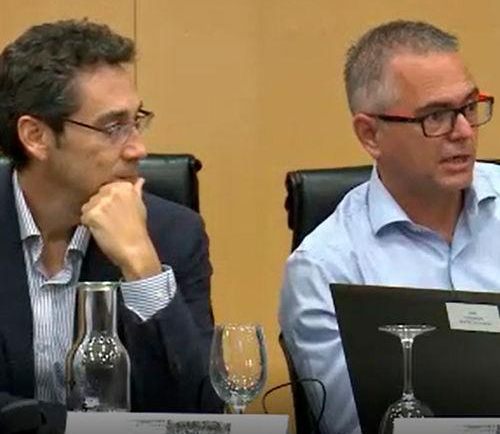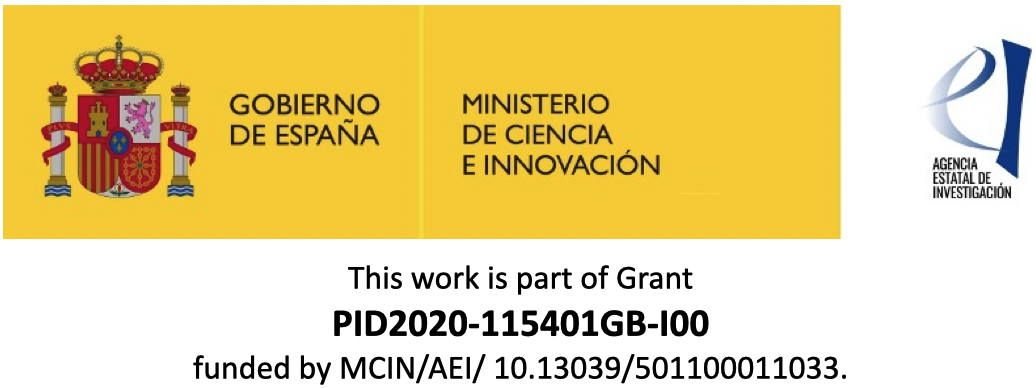Talk about Morphing Projections

Video of the talk of the Morphing Projections technique for visual analytics of genomic data in neuroendocrine oncology

Video presentation of the AVIB Project and Midterm Advances
National R+D Program for Knowledge Generation
(Proyectos I+D Generación de Conocimiento)
PID2020-115401GB-I00
Visual Analytics Tools Tools for the Study of Complex Problems in Engineering and Biomedicine (AVIB)
1/9/2021 - 31/08/2024 (extended to 31/08/2025)
Nowadays many important problems for society in the fields of engineering (energy efficiency, process monitoring) and biomedicine (epidemiological studies, clinical studies, genomic analysis) involve a high volume of data, a large number of variables and a high complexity, with many factors involved in their behavior and in which elements from various domains (technological, socioeconomic, biomedical) often interact in a strongly coupled manner. In this type of problems, often the approach itself, the initial data and the questions to be solved are not clear. Machine learning algorithms, despite achieving unprecedented accuracies in recent years, require a defined approach, are prone to failure when faced with changes in context, and are often "black box" models. Humans, on the other hand, although less precise, can work with poorly defined problems, adapt to changing contexts, find connections and improve knowledge through an iterative and exploratory process. None of these approaches alone can properly address these problems. This project proposes to investigate an approach based on the interaction between humans and machine learning algorithms, which allows to combine the advantages of both for the study of complex problems. For this purpose we will develop techniques and tools for visual analysis that integrate mechanisms of fluid interaction, data visualization and machine learning algorithms. The potential synergies between these three elements will be the central object of research in the project, seeking to achieve an exploratory and iterative analysis process led by the user, allowing him to couple it with his domain knowledge and internalize the conclusions and results. Finally, research will be conducted on the adequacy of tools for the study of real problems, through their application and evaluation in engineering and biomedical problems in which the proponent group has previous experience.
We list here demo apps developed within the PID2020-115401GB-I00 project to demonstrate some of the developed ideas, along with their related material (papers, videos and source code). All them are "playable" by clicking the [app] link. You can find more apps developed by out group in the gallery page

Video of the talk of the Morphing Projections technique for visual analytics of genomic data in neuroendocrine oncology